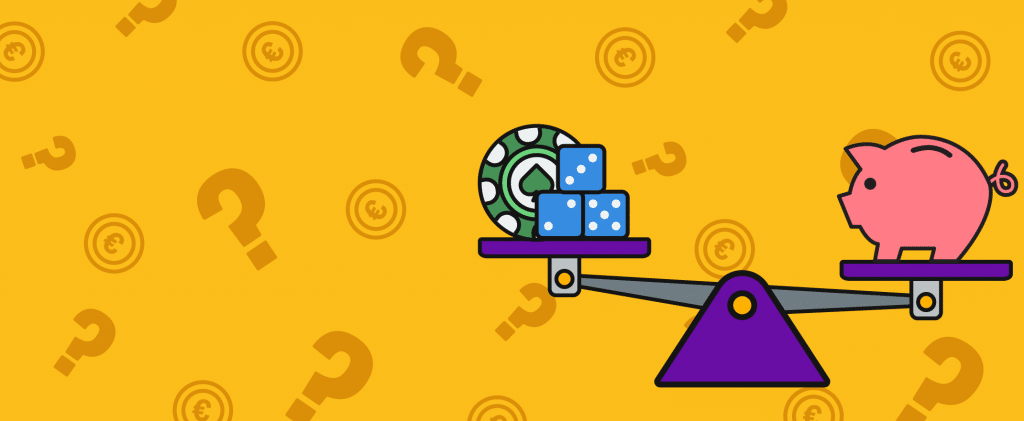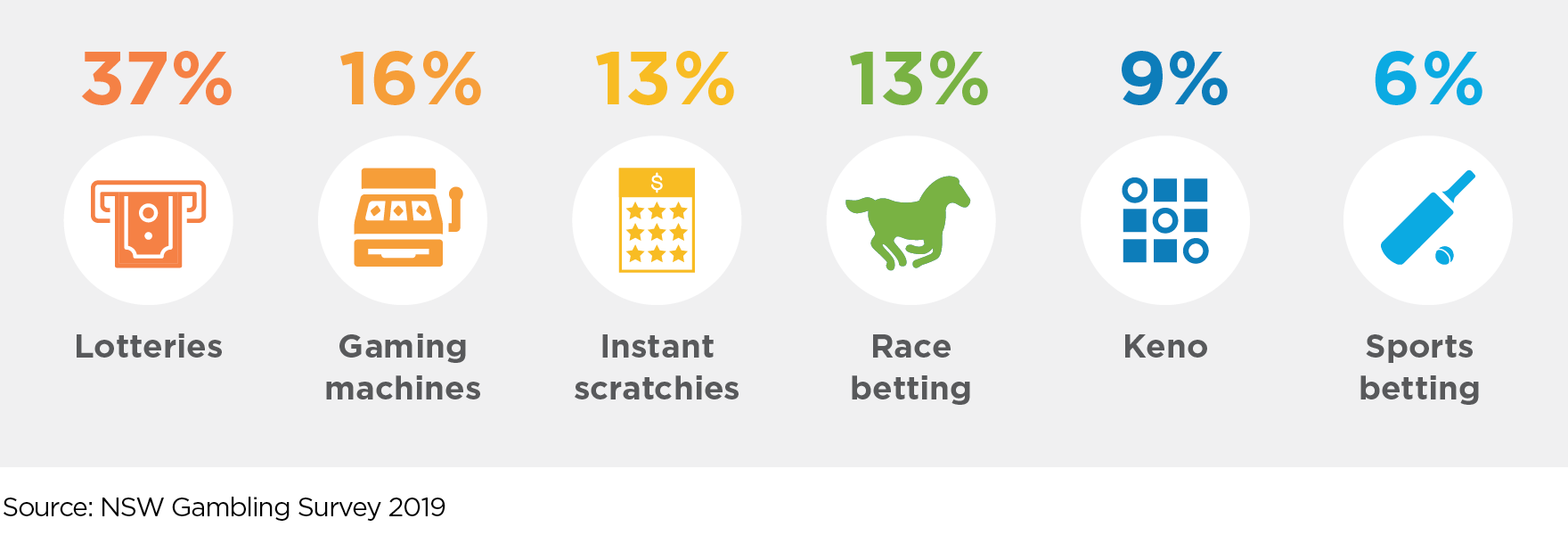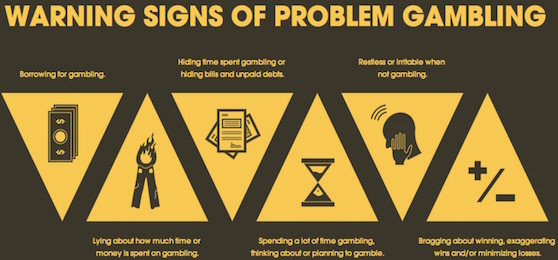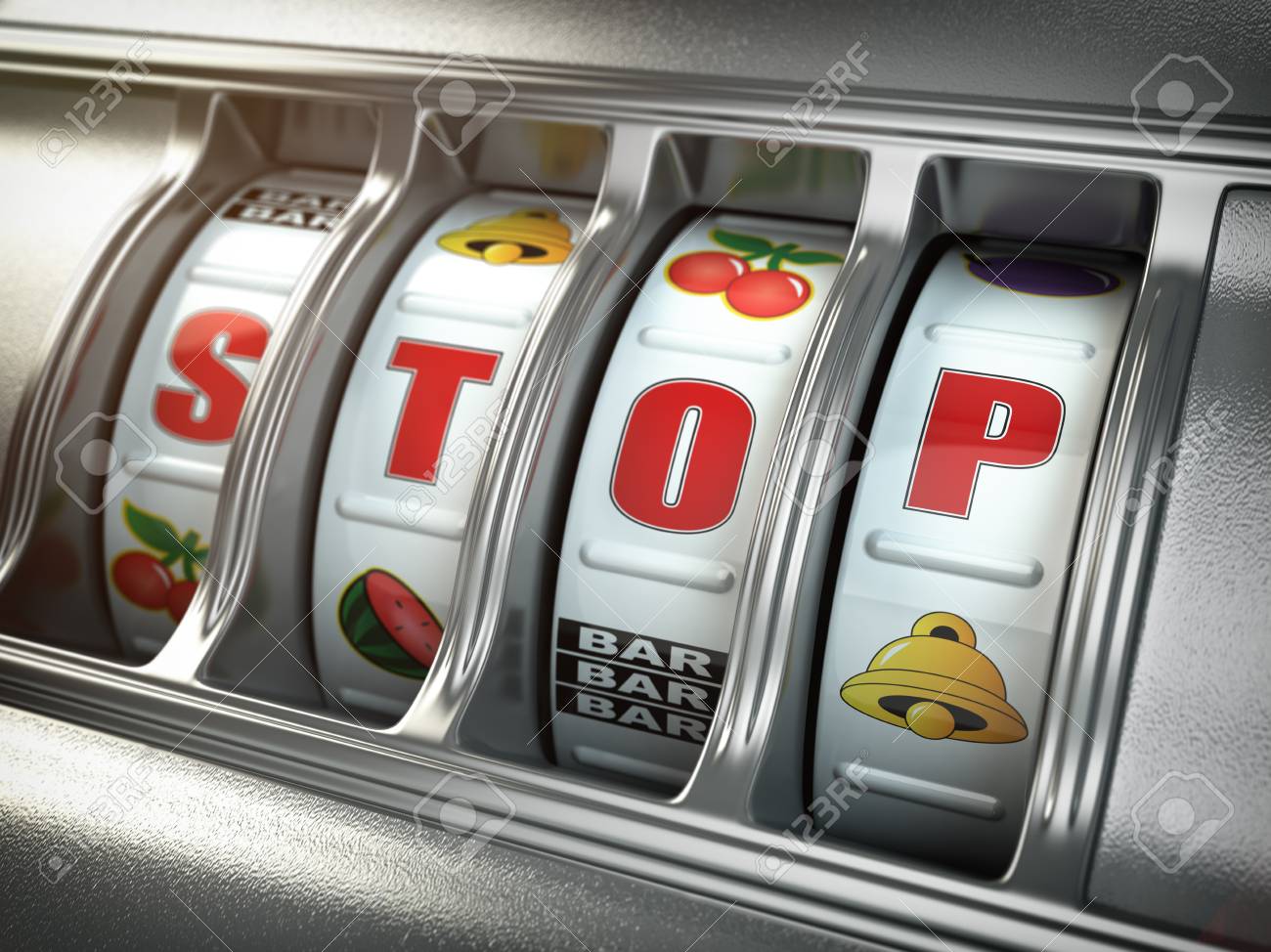Responsible gambling
“When the fun stops – stop!” – could be the perfect slogan for gambling prevention. Even better if this slogan were heard by everyone with a gambling addiction, but the reality is that words often remain just words. In various countries, including Lithuania, the percentage of people prone to addiction ranges from a mere 0.2% to a significant 5% (in Lithuania, about 4.2% of the population has a pathological gambling addiction, which is a very high number). And this alarming statistic is increasing every year. How to protect yourself from the traps of gambling? Responsible gambling – how to learn to gamble so that the essence of gambling is not money, but the experiences during the game? Finding the answer is difficult, but possible.

Legalization of Gambling
These days, gambling in Lithuania counts 19 years. On July 1, 2001, the Law on Gambling of the Republic of Lithuania was adopted, which legalized and began to control the organization and activities of gambling houses. Why was it adopted and what benefits does it provide? Before the law was adopted, after Lithuania regained independence, the gambling market was flooded with unprecedented innovations. Various gambling devices and machines were installed everywhere – in bus and train stations, cafes, bars, and even underground gambling houses appeared. The problem was that all gambling had no rules, so even minors played, and the gaming machines were equated with computer games. The need to control the “wild casino” situation arose due to the rampant disorder.
After the adoption of the law, another golden age of gambling began – legal gambling houses were established, and the number of gamblers increased several times. As with all areas of life, this was influenced by globalization, the advancement and dissemination of information technologies and innovations, and the endless accessibility of information from anywhere at any time. Want to play in a serious casino? Please, today there are at least 18 gambling houses operating in Lithuania. Do you prefer slot machines? There are a three-digit number of salons – even 205. Or maybe you are a hardcore betting guru? 163 betting points invite you to test your strength.
The World of Online Casinos Conquers (or Addiction?)
If you are too lazy to travel from home – you can try all kinds of gambling games perfectly while sitting on the couch. The kingdom of casino houses is rapidly moving online, and it's only a matter of time before it surpasses physical gambling houses in popularity. Although online gambling has been organized worldwide for quite some time, significant changes occurred in our country in 2016 when remote gambling in online casinos was legalized.

Moreover, in online casinos, unlike physical ones, you can gamble not with cash but with credit cards. For this reason, it becomes somewhat easier to become addicted, as you do not see the amount of cash and do not assess the real losses. Sometimes it only takes one click, and before your eyes – free spins, additional bonuses, and many other benefits. Also, playing becomes much easier – you don't have to leave your home, and online casinos are accessible 24 hours a day, 7 days a week.
As the variety of gambling offers gradually increases and the entire gambling market expands, a sensitive topic was touched upon – gambling addiction or, in other words, prevention – responsible gambling. The biggest problem was that those facing this addiction and their relatives did not know how to overcome this disease due to a lack of knowledge and information. Moreover, at the very beginning, there were no qualified specialists who understood the causes of gambling involvement and solutions.
Many people are gamblers, but depending on personality temperaments, beliefs, habits, and even gender, the level of excitement varies. Probably all of us have bought a lottery ticket at least once and crossed our fingers for luck. For some, it is a light and non-binding one-time entertainment, for others – a hook that makes them gamble more, more often, and for larger amounts. Simply put, they are driven by curiosity intertwined with risk and the belief that after a few disappointments, great success must come. People addicted to gambling repeat the action because they seek to feel better, experience pleasure, or ease their lives.
The Second Strongest Addiction
Gambling addiction is called ludomania (the name comes from the Latin word Ludus, meaning game). It is an excessive, pathological attraction to gambling – cards, slot machines, betting, totalizator, etc. The desire to gamble so overwhelms a person that they lose their sanity, do not understand their actions, sometimes disregard their own life risks, and such stories end sadly. Such people ignore all commitments – neither work-related, personal, nor social. If necessary, they can lose all their and their relatives' money in one go, get into debt, blackmail, extort, and engage in other illegal activities.

Medical scientists studying addiction have found that ludomania is surpassed only by addiction to narcotic substances. It is hard to imagine what a person experiences who, without any remorse, decides to “put everything on the line” in just a few minutes, literally determining their and their relatives' fates. It is the uncontrollable passion for intense sensations, endless risk, and emotions that overwhelm while gambling that are so strong that in critical cases, a person does not even realize their actions.
Here are some facts to understand the scale of the problem in Lithuania. According to 2015 scientific findings, the urge to gamble is characteristic of all social groups in our country. It is noted that young and middle-aged men gamble most often, and their addiction manifests 3–4 times more frequently than in women. According to research, more than half (53%) of men aged 18–40 living in major Lithuanian cities have gambled at least once, and a third (33%) of active gamblers admitted that excessive gambling causes them psychological, financial, social, and communication problems.
What is Responsible Gambling and How to Learn to Gamble Responsibly?
Responsible gambling is understood as gambling that can be easily controlled. Responsible gambling is when you play for the experience, for the thrill, not for the money. Whether you buy a lottery ticket, bet, or play in online casinos – the most important thing is to learn to control yourself and understand that gambling houses will always have an advantage. This means you will only lose money, and the lucky day when you win back and gain an advantage will never come. Gambling should be understood as one of the forms of entertainment that requires expenses. Just like watching TV, buying movie tickets, or going for a ride on carousels – we evaluate the time and expense ratio and are satisfied with the duration of the movie or the carousel ride.
Tips on how to gamble without causing addiction:
- Be aware of time – set time limits and do not exceed them.
- Set a money limit and under no circumstances exceed it, telling yourself “just this time.” Limits can be reasonably increased or decreased if you see your wallet emptying quickly.
- Review your gambling history – track money transactions, evaluate expenses, and winnings.
- Take breaks between gambling sessions from a day to a week or longer. If you do not feel a strong urge, the length of the breaks will not cause you any emotions.
If the problem has arisen:
The first step to recovery is sincere acknowledgment of the problem. Only by being completely open and honest with yourself will you achieve the desired results. This step may be necessary to realize: 1) that the problem is still small and to learn to train yourself; 2) to seek help from specialists.
Am I addicted to gambling?
Responsible gambling – how to understand that I have an addiction?If you have problems with gambling and notice that it is difficult to control yourself, you can always turn to special organizations that will provide all the necessary help. To check your level of involvement in gambling, honestly answer these questions.

Gambling addiction test:
- Do you sacrifice work (lectures) time for gambling?
- Has gambling made your home life unhappy?
- Does gambling negatively affect your reputation?
- Do you feel guilty after gambling?
- Do you always gamble to pay your bills and solve financial problems?
- After losing, do you feel the need to return and win back the lost money?
- After winning, do you feel a strong desire to return and win even more?
- Do you usually gamble until the last cent in your pocket?
- Have you borrowed money for gambling?
- Have you ever sold items to get money for gambling?
- Does gambling make you careless – not taking care of yourself and your family?
- Have you ever gambled longer than you planned?
- Do you gamble to forget about your problems and worries?
- Have you ever done or planned to do something illegal and punishable by law to get money for gambling?
- Has your sleep worsened because of gambling?
- Do disappointments and failures push you to gamble?
- Does successful gambling make you want to celebrate?
- Have you ever thought that you are failing as a person and the reason is uncontrollable gambling?
Seven or more positive answers indicate that you may be addicted to gambling. We recommend not ignoring your personal survey results and seeking help from the indicated organizations that will help solve the addiction problem. After all, it is said that the first step to solving a problem is acknowledging it to yourself.

Organizations fighting gambling addiction
If you feel that it is difficult to control yourself and all your thoughts revolve around gambling, the Lithuanian Supervisory Authority (LPT) is the first to come to your aid. This organization was the first to provide the opportunity to sign a special request for voluntary self-exclusion from gambling for those with gambling problems. This service helps not only the gambler but also their relatives – their initiated mutual support groups aim to help relatives understand and support the gambler on their long road to recovery. LPT on its official website www.lpt.lt provides a self-control questionnaire, the answers to which allow you to assess your situation as a gambler.
UAB “Gambling Strategic Group,” in cooperation with the Supervisory Authority, initiated a social project “I Don't Want to Gamble Anymore” in 2010, within which an informational website was created www.nebenoriu-losti.lt. The main task of this site is to provide informational and emotional support to gamblers suffering from gambling addiction and their relatives.
The Republican Center for Addictive Disorders https://www.rplc.lt/ also provides all the necessary help for those suffering from a gambling-induced crisis.
Minnesota programs (psychotherapy, skill development, thinking correction, emotion recognition, etc.) are also organized, helping individuals successfully free themselves from their troubling addictions. https://www.prevencija.lt/pagalbos-resursai/minesotos-programa/.
It is gratifying that every year these organizations and those who have recovered organize seminars, meetings, lectures, and conferences on the topic “Responsible Gambling.” There, presentations are given not only by representatives of companies organizing gambling and lotteries, mental health specialists, but also by those who have recovered and freed themselves from the clutches of addiction.
Help is needed not only for Lithuanians living in Lithuania but also abroad. Such international organizations and websites can provide it www.gamblock.com, www.gamblinghelponline.org.au, www.gamcare.org.uk, www.gambleaware.co.uk and so on.
Help for Lithuanians suffering from addictions in Lithuania and abroad:
Lithuania:
- www.nebenoriu-losti.lt, tel. no.: (8 5) 233 6241; +370 609 66 676, email: [email protected]
- https://www.rplc.lt/, tel. no.: +370 5 213 7274, email: [email protected]
- www.lpt.lt, emotional support line: 1809
United Kingdom:
- www.gamcare.org.uk
- www.gambleaware.co.uk
- National Gambling Helpline: 0808 8020 133
America:
- https://www.stoppredatorygambling.org/
- Tel. no.: (202) 567-6996
- Email: [email protected]
- http://www.gamblersanonymous.org/ga/
Email: [email protected]
Norway:
- https://www.peluuri.fi/en/gambler/hints-avoid-gambling
- Tel. no. 0800 100 101 (Gambling helpline)
- Email: peluuri(at)peluuri.fi
Sweden:
- https://www.spelalagom.se/en/gambling-problems/
- Tel. no. 020 – 81 91 00
Spain:
- https://ibizacalm.com/addictions/gambling/
- Tel. no. +34 664 443 433
- Email: [email protected]
Netherlands:
- https://www.gamblingtherapy.org/en/netherlands-gamblers-anonymous
- https://www.gamblersanonymous.nl/en/
- Email: [email protected]
Germany:
- https://www.verspiel-nicht-dein-leben.de/language/english/help-with-gambling-problems-for-gamblers-and-family-members
- Tel. no.: 0800 077 66 11
Denmark:
- https://www.gamblingtherapy.org/en/taxonomy/term/356
- Email: [email protected], [email protected], [email protected]
United Arab Emirates:
- https://www.americancenteruae.com/health-education-centre/adult/pathological-gambling/
- Email: [email protected]
- Tel. no.: +(971-4)-314-1000
Also read, how to act to avoid losing in a casino.





